
What is Knowledge? What is Wisdom?
What truly differentiates knowledge from wisdom? These two words are often used interchangeably, yet they represent vastly different dimensions of understanding. In this blog, we explore their essence, relationship, and deeper significance in living a meaningful life. What is knowledge? Knowledge is the accumulation of facts, skills, and information through education and experience. It is Read the full article…

Depth under Siege
Mental depth is a powerful, intrinsic part of the human experience, influencing thoughts, emotions, and actions. Yet, in a world that values simplicity and control, depth often feels unwieldy, even threatening. This leads to attempts to suppress it, whether through simplifying it internally or denying it externally, reflecting a struggle with depth and the inner Read the full article…

Efficient Toward What?
Modern society idolizes efficiency. It’s the gold standard for progress and success, celebrated in technology, economics, and even personal productivity. But efficiency is not a virtue in itself. It is a tool, and tools are only as good as the goals they serve. This raises a crucial question: Efficient toward what? What are we achieving Read the full article…

Inner War Leads to Outer War
Physical battlefields are born within the deeper layers of individual minds. Wars are projections of inner struggles onto external realities. They mirror the unresolved tensions and unacknowledged fears that people carry within themselves. This perspective reframes war as less about territorial disputes, for instance, and more about a collective inability to address the enemy within. Read the full article…
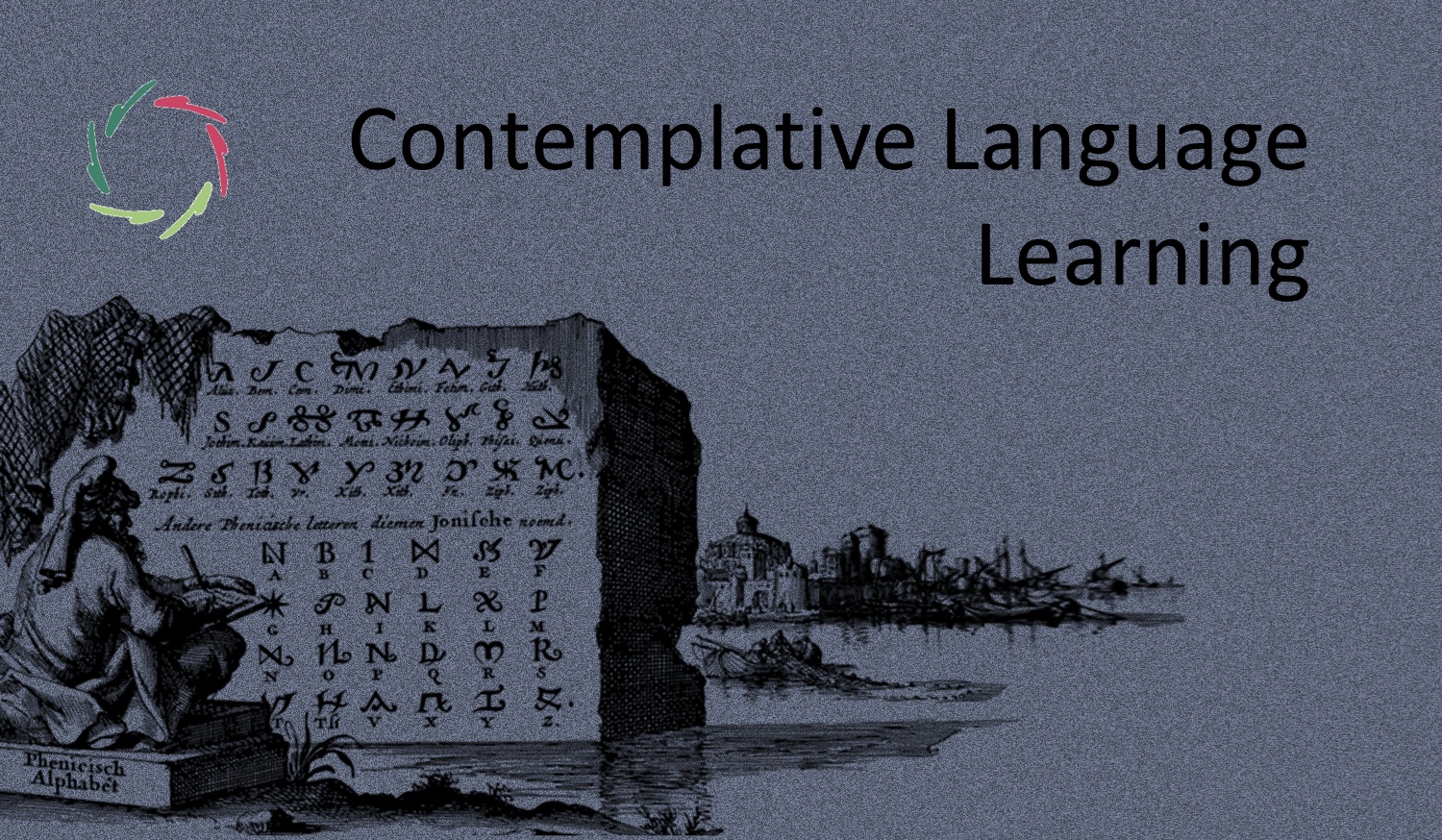
Contemplative Language Learning
Learning a language can be so much more than memorizing words and grammar. It can become a contemplative journey, a transformative process that deepens your connection with yourself and the world. Contemplative language learning invites you to engage organically, intuitively, and meaningfully — a way of learning that resonates deeply with how the human brain Read the full article…

Haphazard or Meaningful?
Life often feels like a choice between two stark options: haphazard or meaningful. Is everything a random series of events, or does it hint at something deeper? Even in a blend of the two, each element is either one or the other. Ultimately, if we bring meaning to something, it’s no longer haphazard. This blog Read the full article…

Why Superficial Ethics isn’t Ethical in A.I.
Imagine an A.I. hiring tool that follows all the rules: no explicit bias, transparent algorithms, and compliance with legal standards. Yet, beneath the surface, it perpetuates systemic inequities, favoring candidates from privileged backgrounds and reinforcing the status quo. This isn’t just an oversight — it’s a failure of ethics. Superficial ethics in A.I., limited to Read the full article…
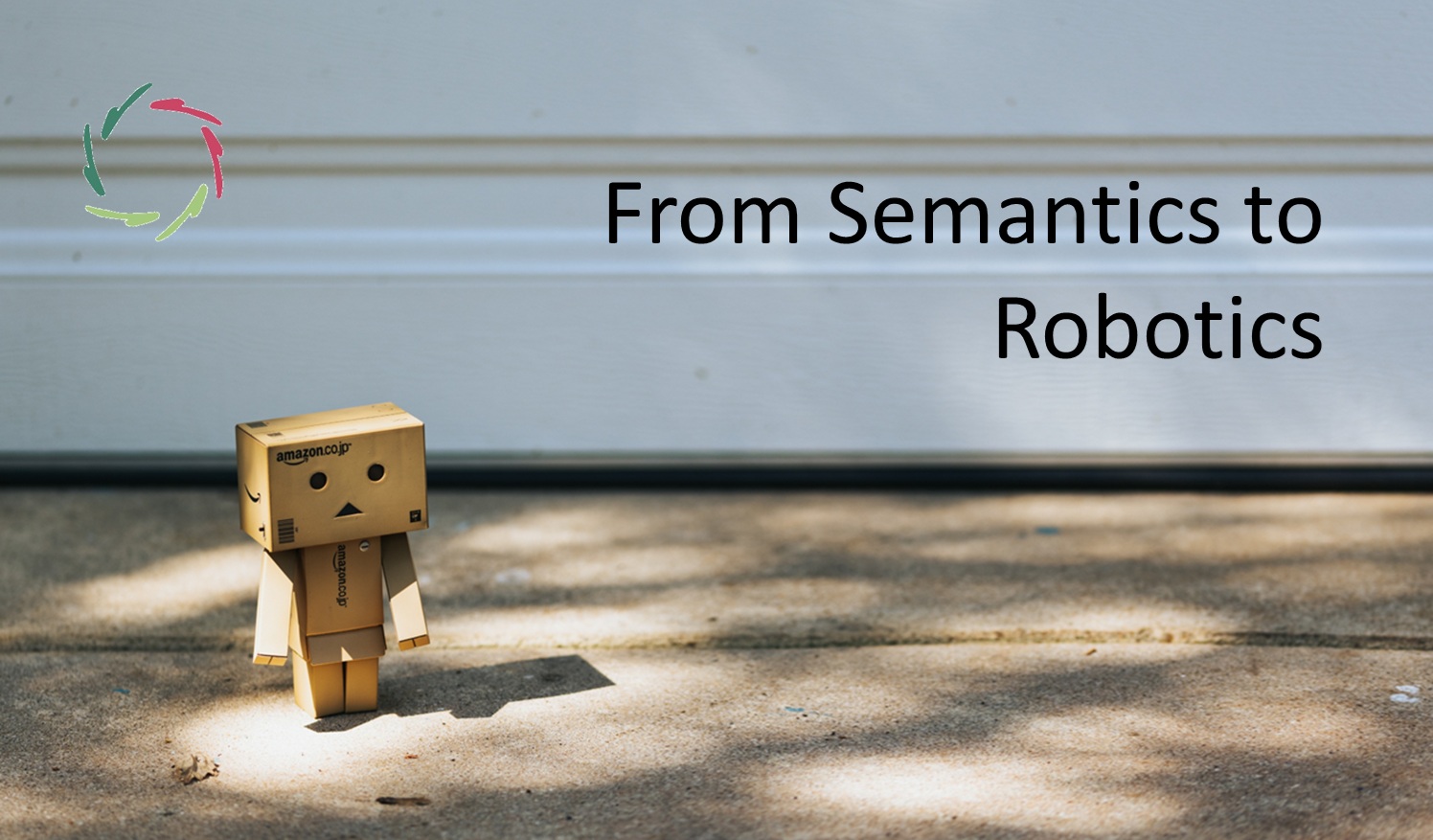
From Semantics to Robotics
At first glance, semantics and robotics seem worlds apart. Semantics deals with the nature of meaning, while robotics focuses on creating machines that act in the physical world. Yet, they are deeply connected. Without an understanding of meaning, a robot cannot act meaningfully. This blog explores how semantics, with its focus on sense and reference, Read the full article…
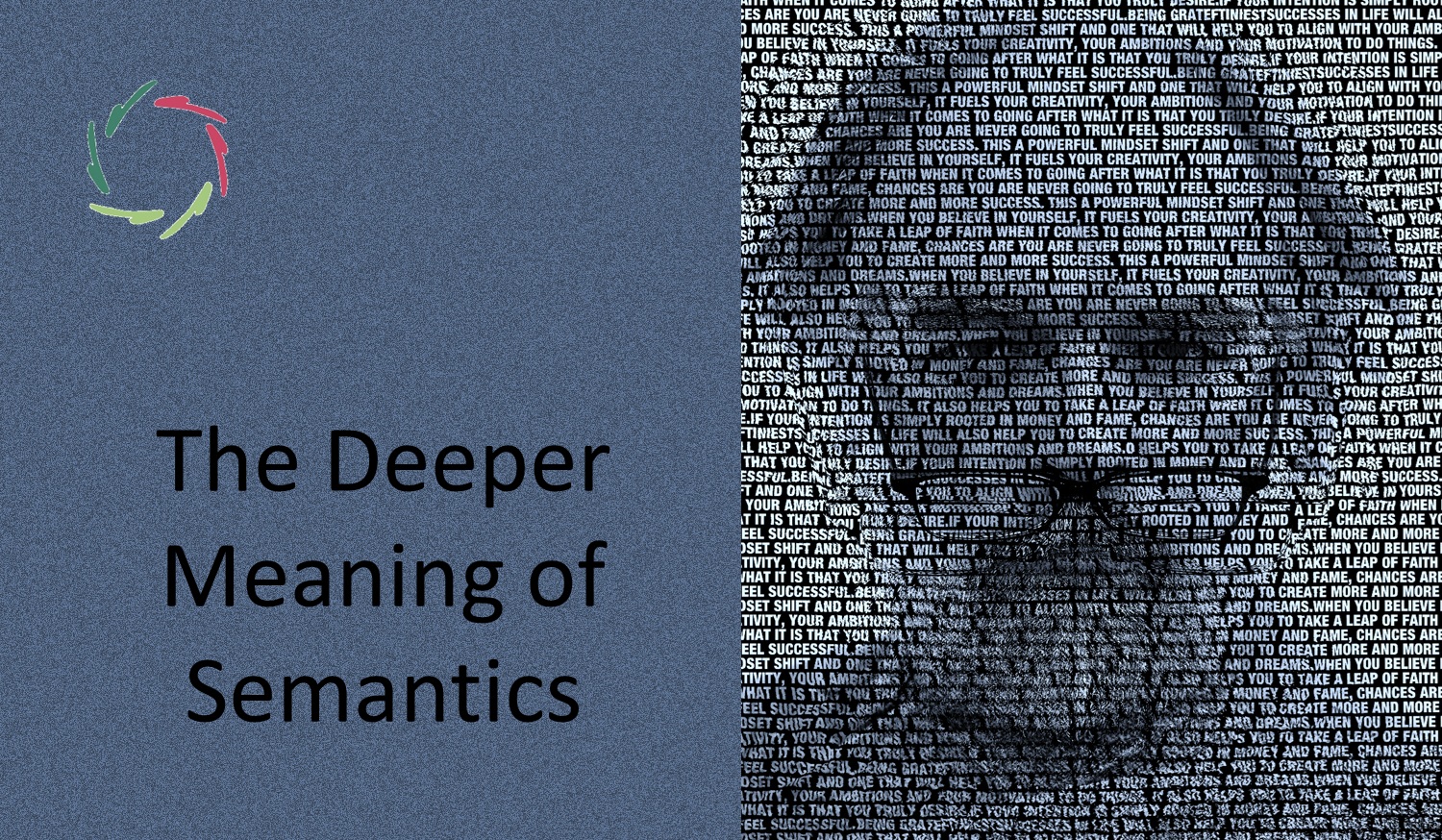
The Deeper Meaning of Semantics
What is semantics? On the surface, it’s the study of meaning — how words convey ideas, how symbols connect to reality. But semantics is much more than an intellectual exercise. It’s a gateway to understanding how we interpret the world, engage with life, and navigate the balance between thought, experience, and connection. Semantics invites us Read the full article…
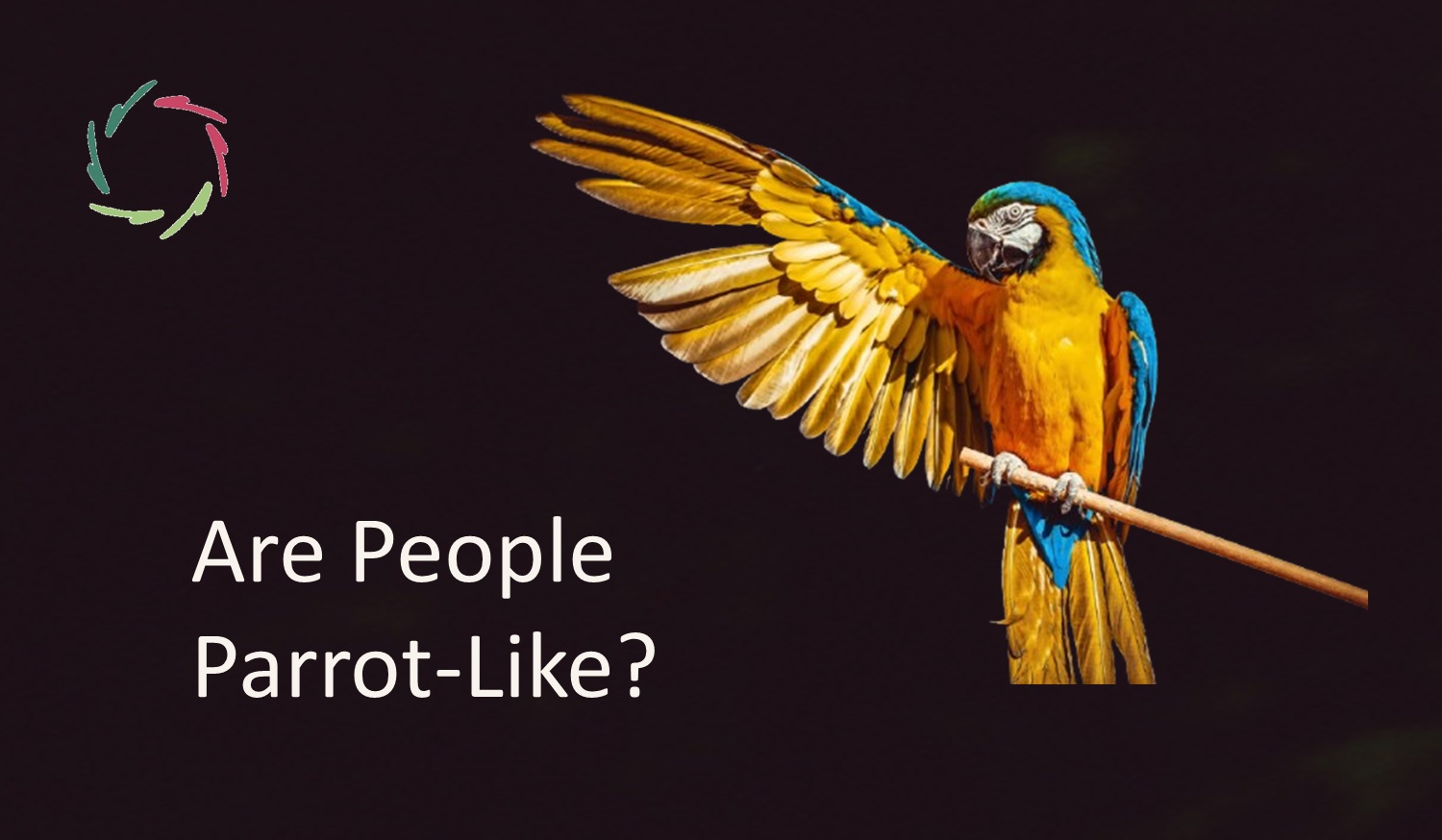
Are People Parrot-Like?
Imagine a parrot repeating phrases, seemingly engaging in conversation but without understanding. It’s a curious image, one that might hit closer to home than we’d like to admit. Are we, too, parrot-like in some ways? Do we mimic without truly comprehending? The answer isn’t simple, but exploring it reveals a lot about who we are Read the full article…

Contemplation vs. Thinking
Thinking and contemplation are two distinct ways of engaging with the world. Thinking is structured and task-oriented, moving from thought to thought with clarity and precision. Contemplation, by contrast, is thoughtless, inviting a deeper connection to the essence of things. While both are essential, contemplation reaches the core of who we truly are, providing insights Read the full article…
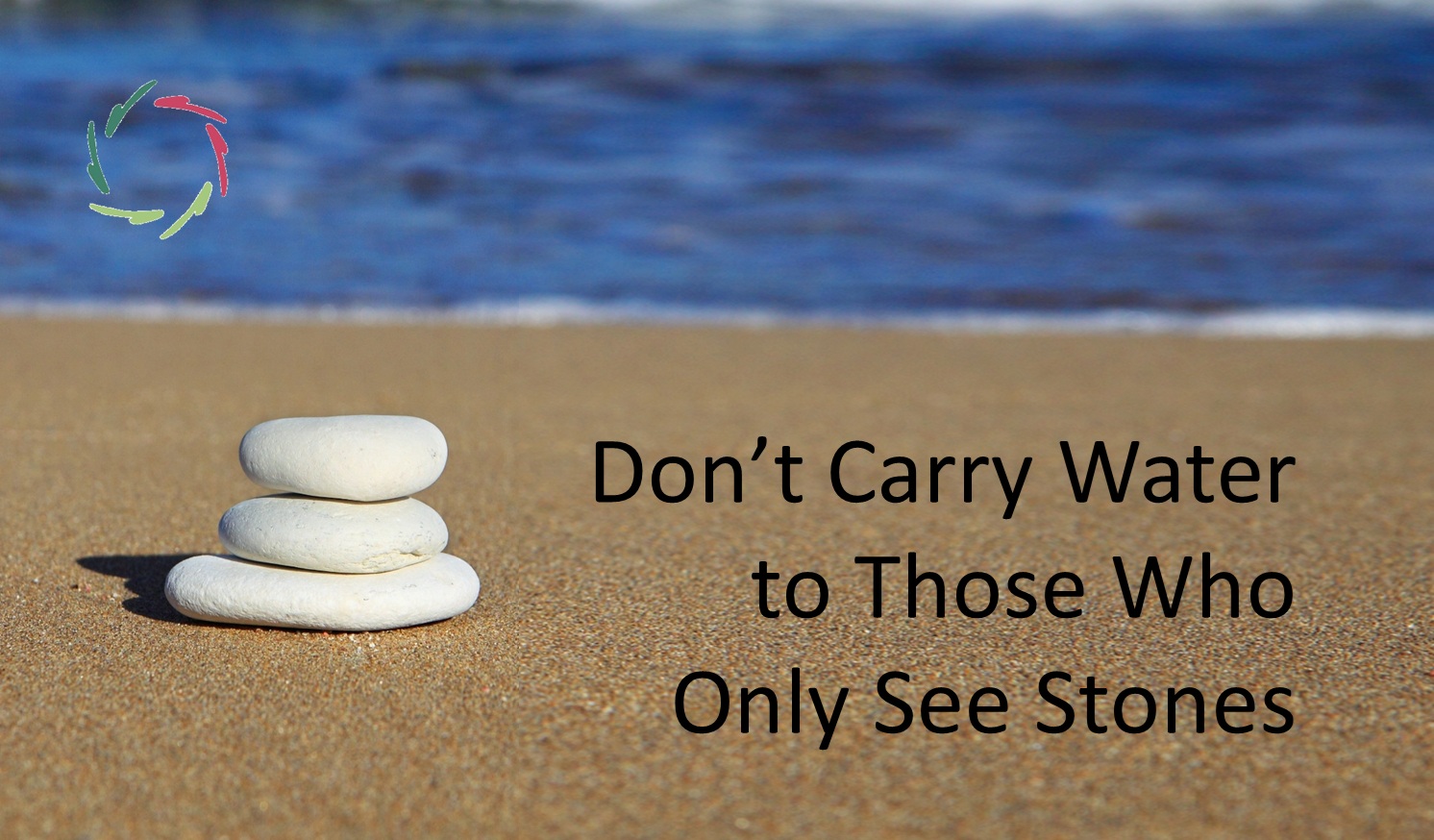
Don’t Carry Water to Those Who Only See Stones
Water, symbolizing nourishment, insight, or Compassion, may be offered with the best intentions. Yet, when presented to those who can only see its weight or its inconvenience, the effort becomes futile. This evokes a timeless lesson of discernment, reflected in the words of Jesus: “Do not throw your pearls before swine, lest they trample them Read the full article…
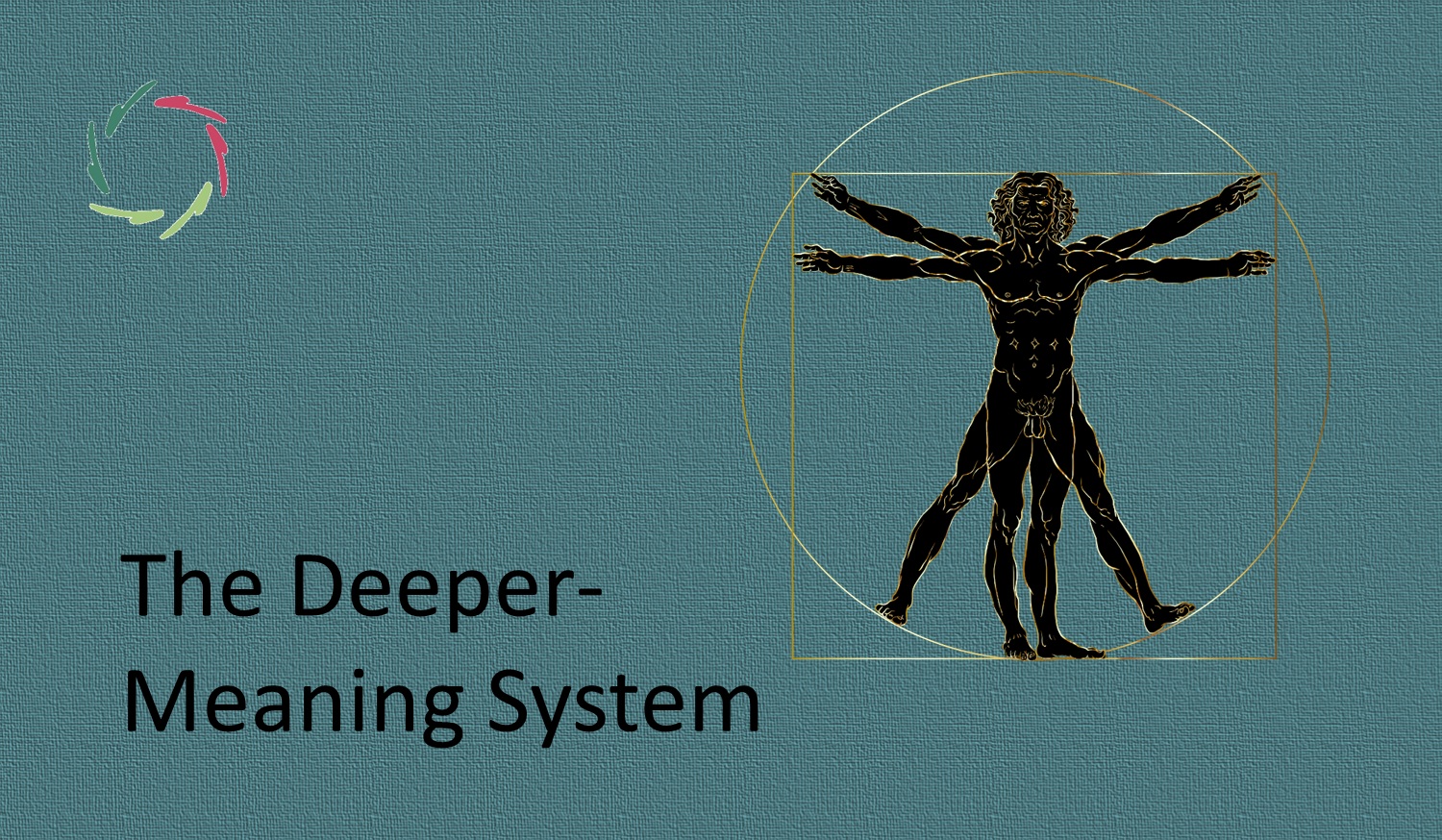
The Deeper-Meaning System
The human body contains several systems we recognize as essential to health and life: immune, nervous, cardiovascular, and others. To these, I propose adding a new one: the deeper-meaning system. Though not yet acknowledged by the mainstream, this system plays a critical role in integrating mind and body into a functional whole. In a time Read the full article…
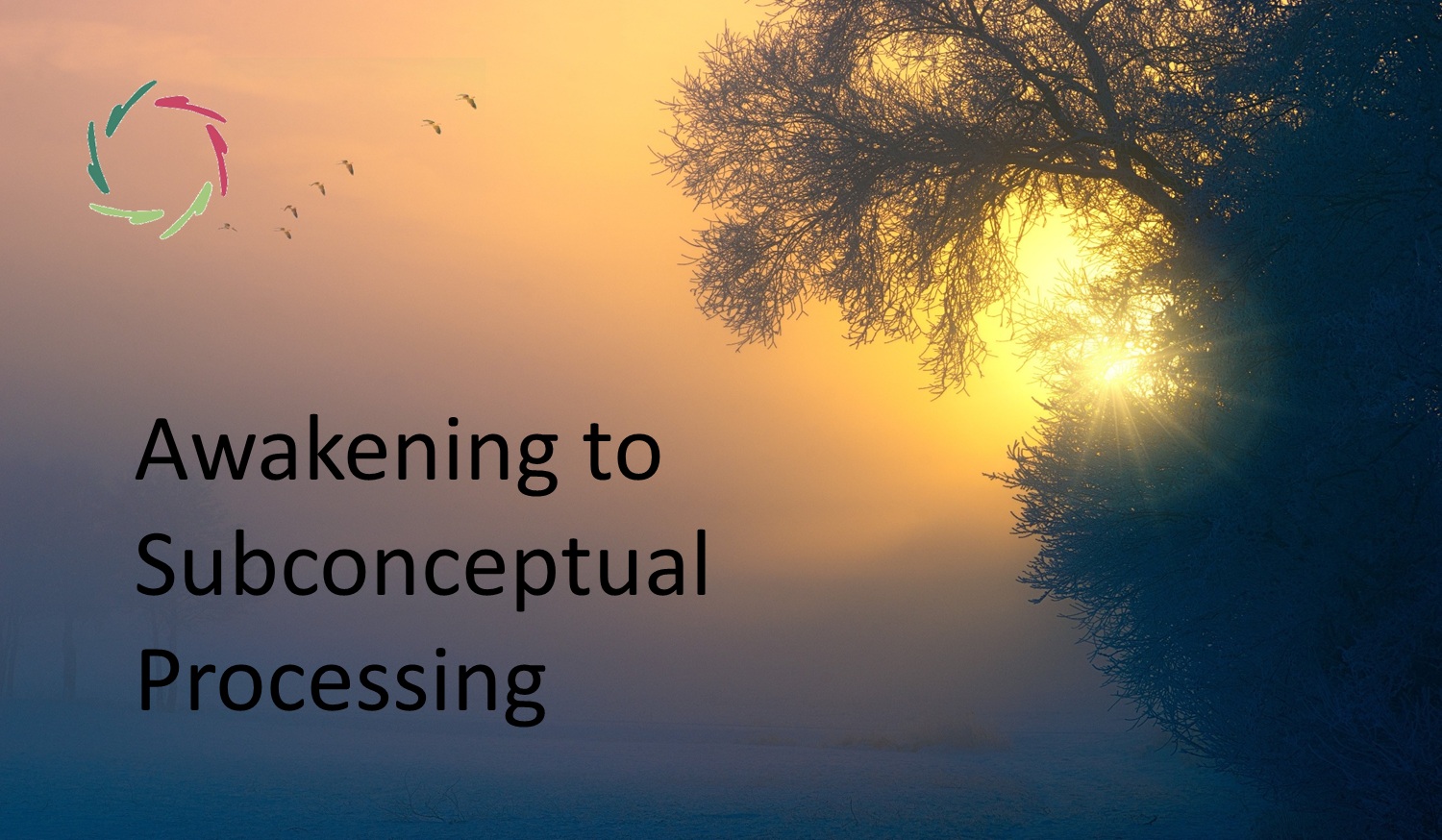
Awakening to Subconceptual Processing
‘Awakening’ in the sense of this blog is a universal experience — an opening to deeper layers of reality beyond ordinary ‘conceptual’ perception. Although often explored through the teachings of the Buddha (literally, ‘the Awakened’), this is not limited to any specific culture or belief system. It represents a profound shift in how we perceive Read the full article…
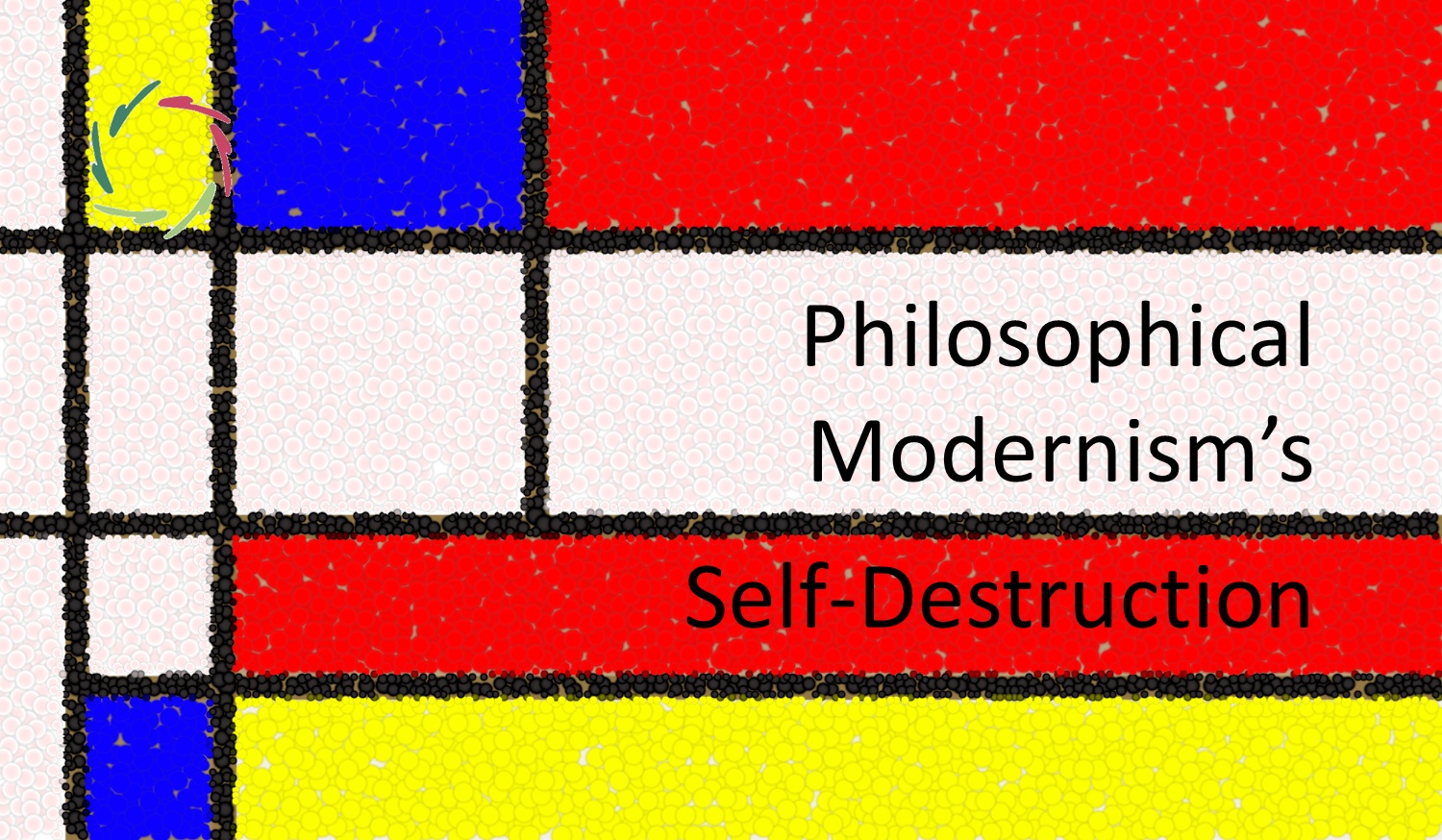
Philosophical Modernism’s Self-Destruction
Philosophical modernism, emerging prominently in the late 19th and early 20th centuries, sought to challenge and redefine previous intellectual traditions. While it produced valuable progress in art, literature, and thought, its focus on rationality and surface-level analysis often came at the expense of depth. This imbalance eventually led to its decline and self-destruction. This blog Read the full article…
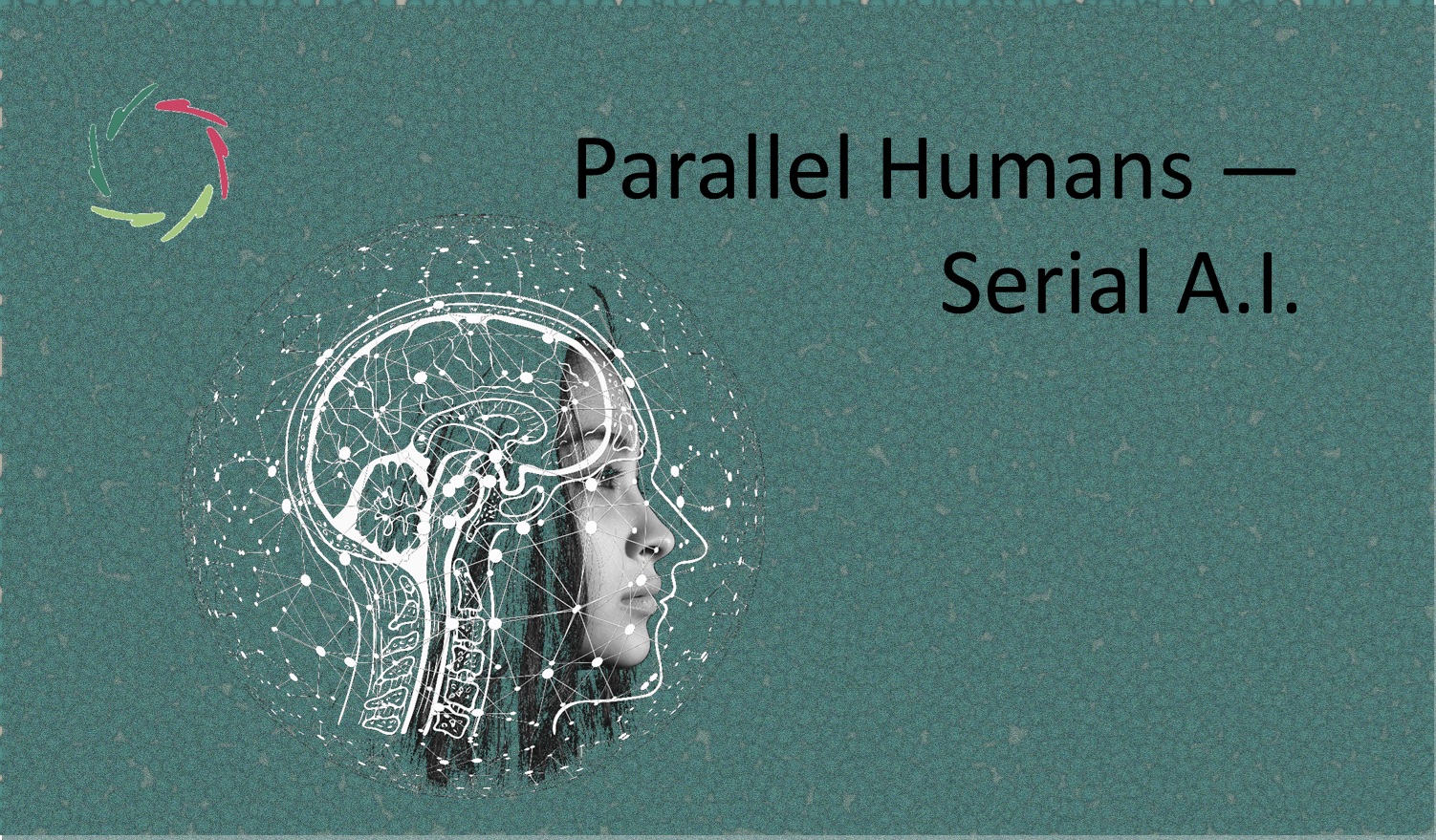
Parallel Humans ― Serial A.I.
Before diving into this blog, I recommend first reading Coarse Comparison of Brain and Silicon to grasp the foundational distinctions between human and silicon-based processing. This continuation focuses on the profound differences between the parallelism of GPUs and the parallelism of the human brain. Here, we explore what these differences mean for intelligence and its Read the full article…

Coarse Comparison of Brain and Silicon
In an age where artificial intelligence and silicon-based processors are advancing at lightning speed, it’s tempting to compare their capabilities to the human brain. Can silicon ever replicate human cognition? What are the strengths and limitations of each system? This exploration dives into the heart of these questions, revealing fascinating parallels and stark (!) differences Read the full article…